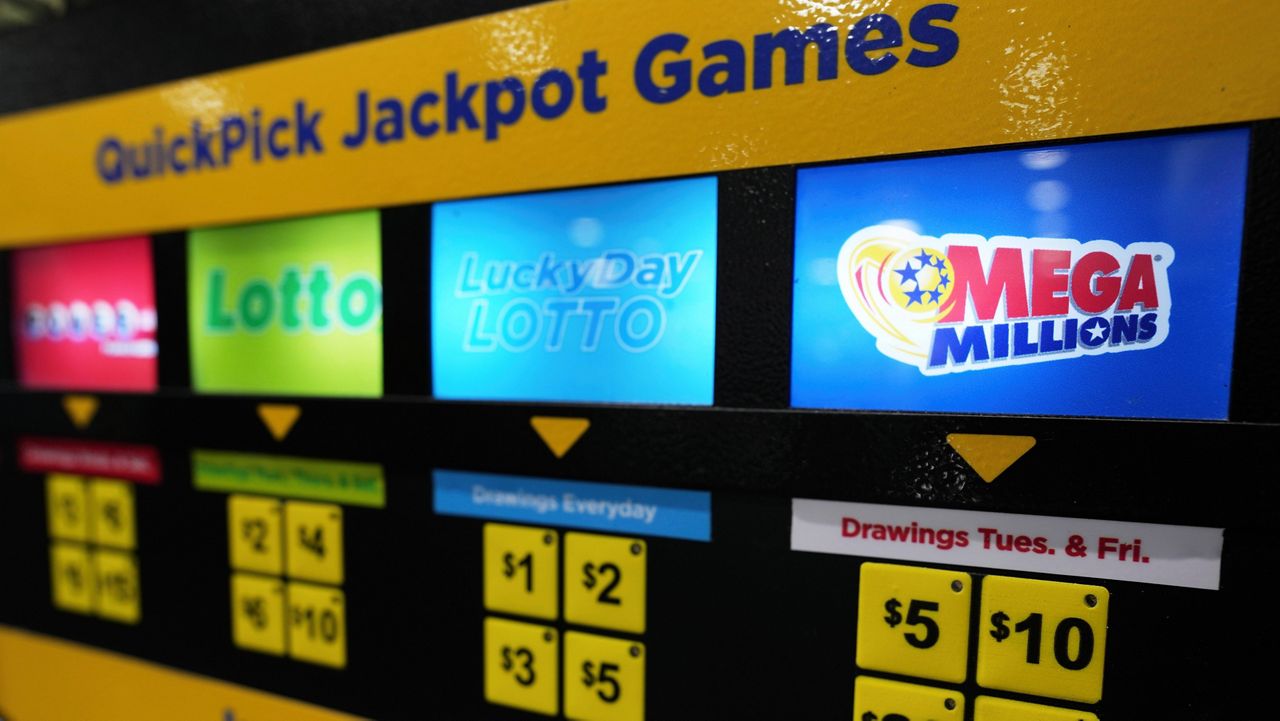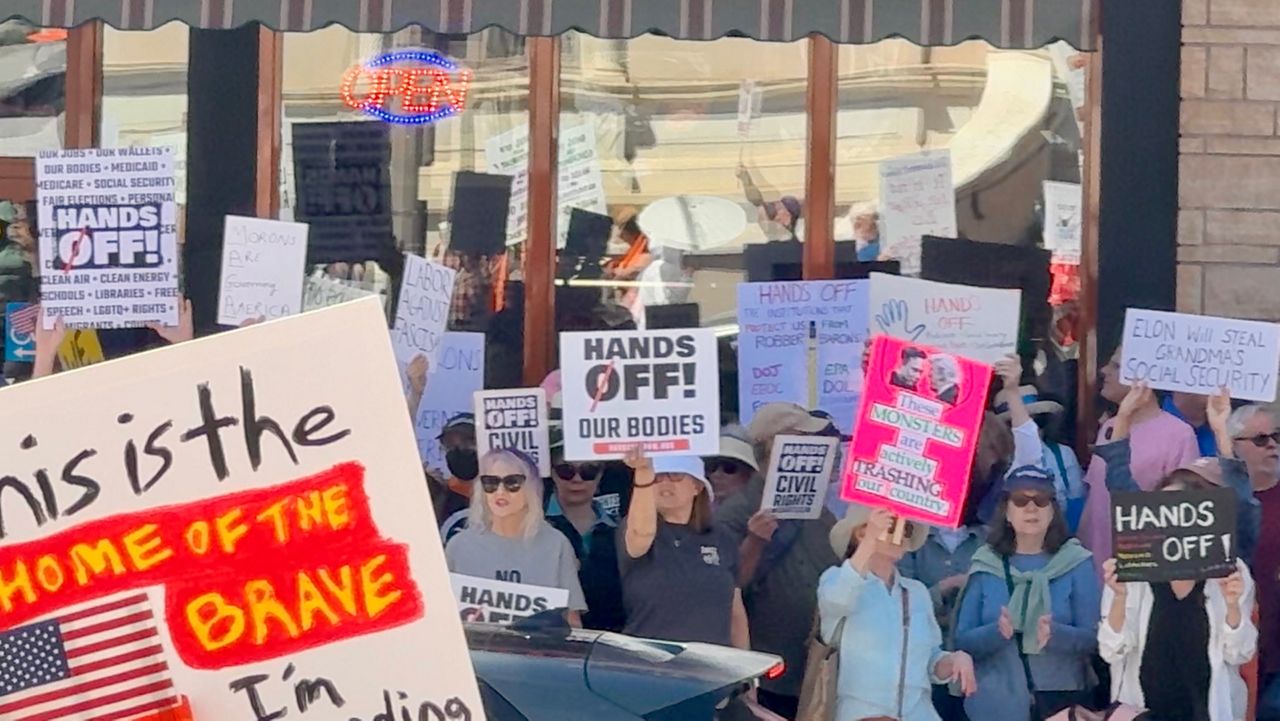LOS ANGELES — California highlighted Bureau of Labor Statistics data showing 11,000 new fast food jobs were added since the new $20 minimum wage for many fast-food restaurants went into effect. However, franchise owners say there’s a caveat and they’re struggling to keep up with the rising wage cost implemented in April.
Kerri Harper-Howie is one of those franchise owners who said business has been down. Growing up, her parents were franchise owners and nearly seven years ago she traded her job as an employment lawyer to follow in her parent's footsteps. She and her sister now own and manage 21 McDonald's locations across Southern California. She said that since the new wage, they've had to find ways to make up for that change in labor costs.
"In order for us to get to the point where we could run a profitable business with the hike in the minimum wage, we had to raise our prices," Harper-Howie said.
She said it's a game of trial and error with what goes up and what items stay priced the same as they try to keep their customers in mind and juggle increase costs in other areas.
Although she said she was not opposed to the new minimum wage, she thinks the approach was unfair.
"Everyone should be entitled to the minimum wage of $20 an hour. Not just one subset of an industry. It's not even the restaurant industry, it's just the quick service restaurant industry. Everyone should be entitled to the same opportunities, the same benefits, so that they can then use their wages. Everyone rises together," Harper-Howie said.
Michael Reich, economics professor at UC Berkeley, Othering and Belonging Institute, has been studying the impact of minimum wage increases in the fast food industry for years. He said that although it’s early, he believes this latest wage increase has been beneficial.
"Yes, I think so. Workers have been underpaid compared to the value of what they produce, and the increase in their pay is bringing them closer to what they produce," Reich said.
He points to the turnover rate as an area where the new wage has been proven to help based on previous studies he has conducted in the bay area.
"We do find big declines in turnover. And we also find that prices go up, but not as much as the as costs go up. So we think another absorption mechanism is that of decreasing profits," Reich said.
However, Rebekah Paxton with the Employment Policies Institute has also been tracking this and said a study they conducted of about 200 fast food operators in California showed a concern for the longevity of this policy.
"We're still in the very early stages of this, but we're seeing a lot of warning signs. We're seeing some initial evidence that those warning signs are not baseless, that they actually do bear out once the policy has gone into place," Paxton said.
Those warning signs, she said, are the effects of how a policy like this could contribute to the rising cost of living.
"There are going to be trade-offs with something like this. Some folks are going to maintain their jobs and they're going to have higher hourly wages. But some folks are now losing their jobs and they don't have an hourly wage at all," Paxton said.
It's what fast-food employee Alejandra Aguilar Perez said is happening at the Taco Bell she works at.
"I have seen a major cut on my hours," Aguilar Perez said.
She’s been in the industry for three years and helped advocate for the minimum wage increase. She says despite working less hours, she hasn’t seen a slowdown — instead experiencing a heavier workload.
"Especially when you have in one ear a worker telling you 'I need help over here' and then on the other side or another worker telling you 'I need to be right here too,'" Aguilar Perez said.
Initially, Aguilar Perez was hired as full time, but that has not been the case.
"So I could feed my daughter, and to be honest, I only got two days a week," Aguilar Perez said.
However, she wonders how her store can continue to put up hiring signs and hold interviews while she pleads with management for hours.
Although it’s a different store, Harper-Howie said they’re always hiring due to the high turnover rate. She says a majority of her employees were already part time, so she tries to be fair when cutting hours but says it’s tricky.
"If our sales and our guest counts are down, then we by definition of any business, you can't schedule the same number of labor hours because if you overspend and your labor and all the other costs that we have to take into account, then you're not able to run a profitable and successful business," Harper-Howie said.
Meanwhile, Aguilar Perez said she is still in favor of the minimum wage increase despite the hours cut, as she hopes a new fight will help them ensure their 40-hour workweek.
She said she can't afford to give up, as she has a young daughter and family to take care of.













